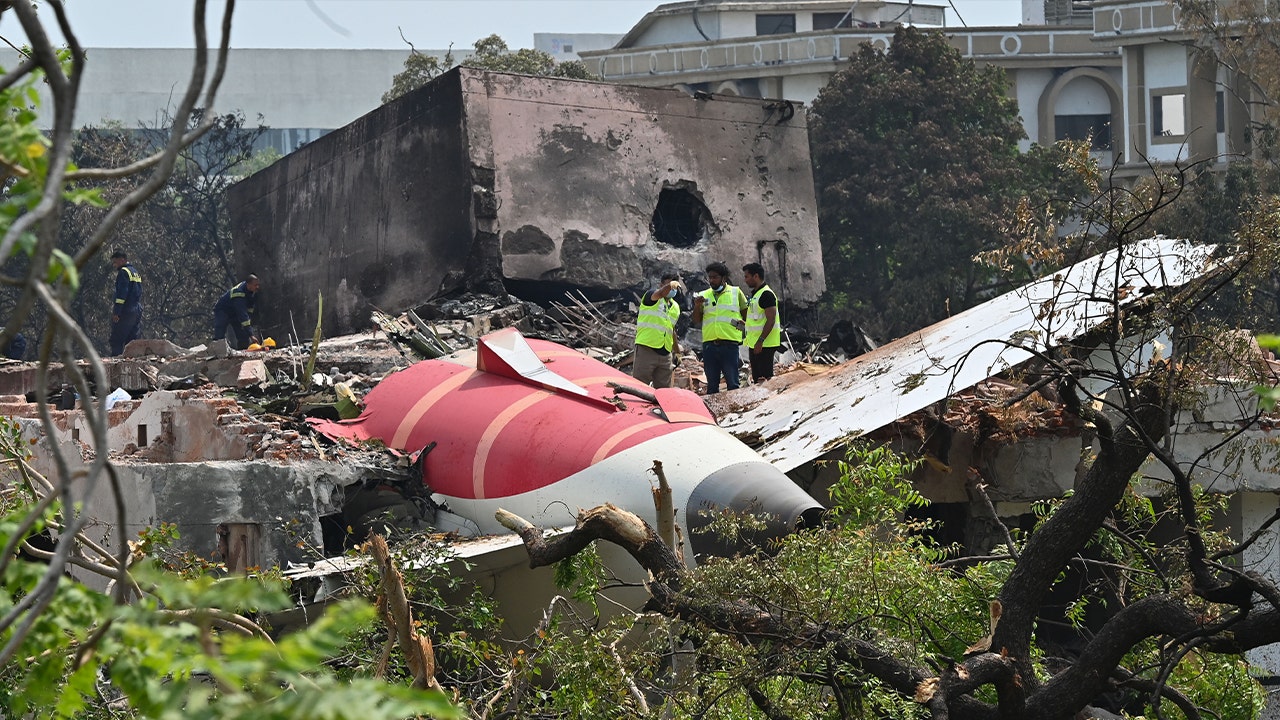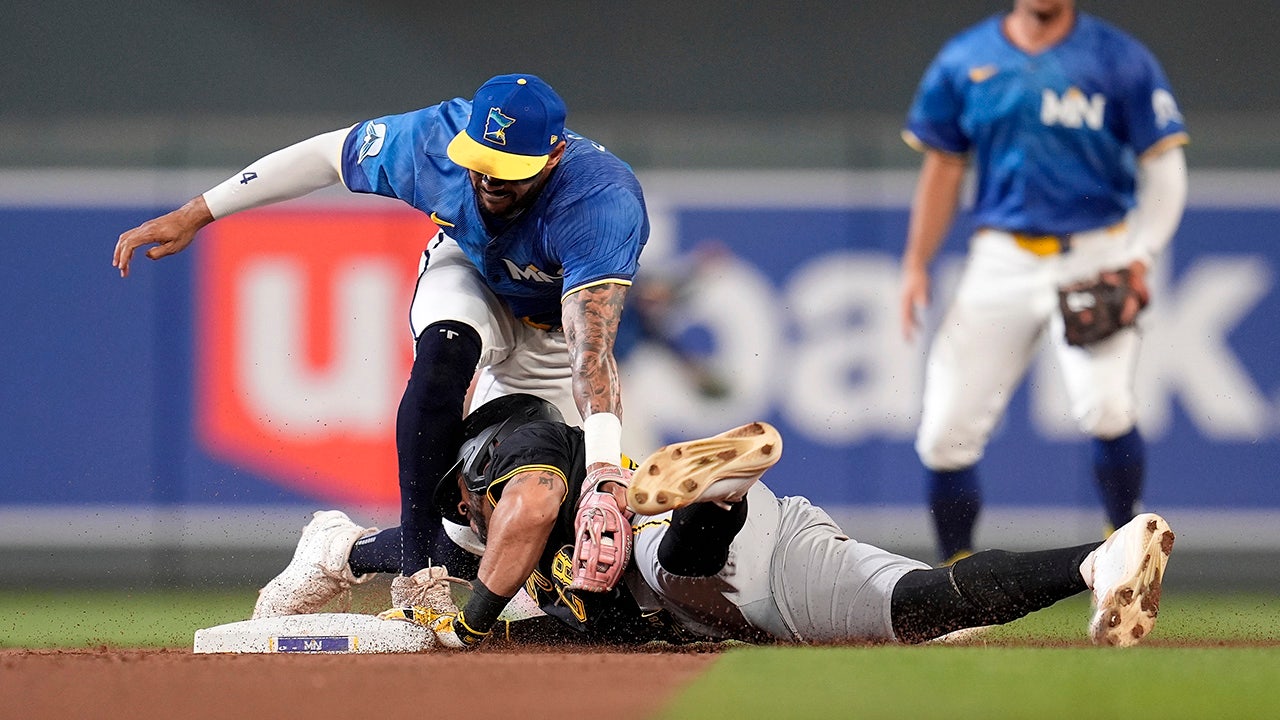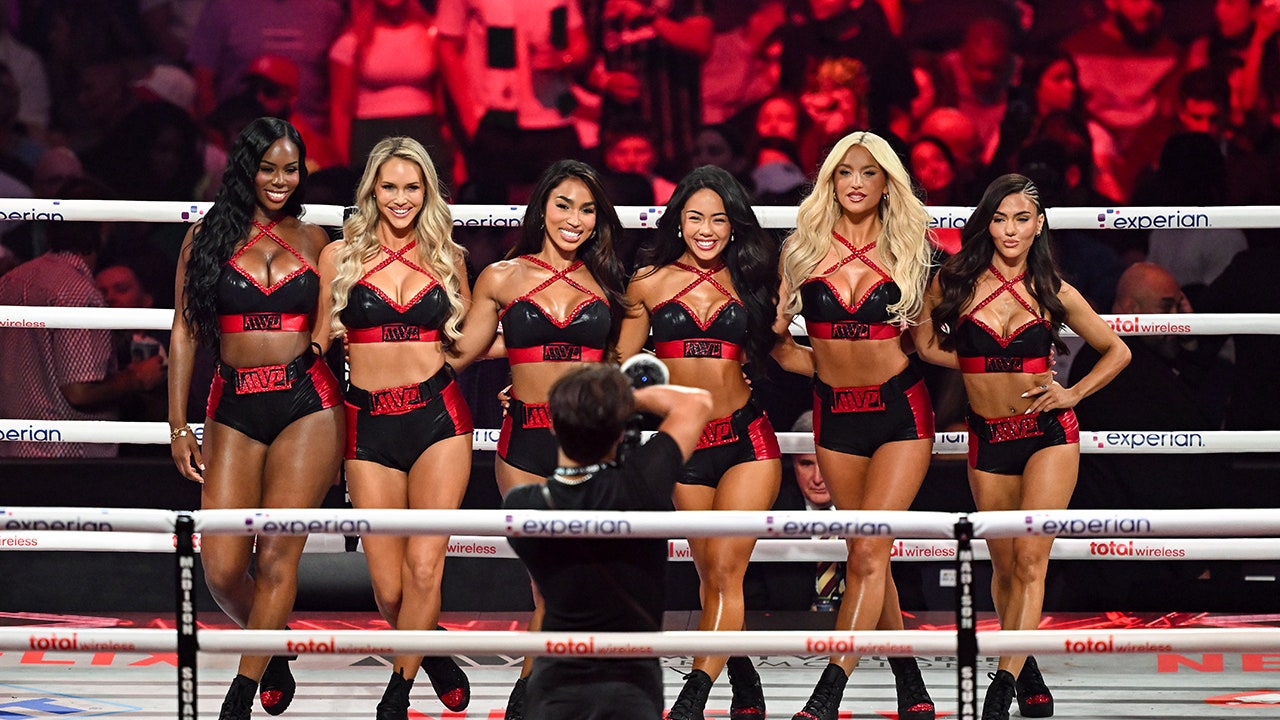The rumors that China’s Xi Jinping has been ousted, or is on the verge of losing power, have drawn the attention of China watchers around the world. His downfall has been proclaimed prematurely many times, so some skepticism is in order. Inter-party politics in Communist countries are often, as Winston Churchill once described the Soviet Union, “a riddle wrapped in a mystery inside an enigma.”
Whether or not that skepticism is correct, the rumored coup brings attention to one of the most important questions facing this nation: Is the source of America’s problem with China a deep-seated one that transcends individual personalities, or is it all the fault of this one man?
Many believe he is personally responsible for the friction between Washington and Beijing. From their perspective, the Sino-American relationship has often been a rocky one. But they believe that a brighter future was still visible before Xi. They point out that China’s internal crackdowns, its most threatening military behavior, and its most overt attempts to challenge America’s global position are his signature policies.
Another camp believes America’s main problem is that the Chinese Communist Party is, well, Communist. They point out that the party has kept a firm hold of its economy and society, which is textbook Leninism. Xi reminds his fellow members they “must uphold the guiding role of Marxism” and claims “writing Marxism onto the flag of the Chinese Communist Party was totally correct.”
There are many kinds of Marxists, from America’s pencil-necked campus radicals to Beijing’s organ-harvesting commissars, but they share a fear and loathing of capitalism. They believe that capitalists are inevitable and implacable foes of worldwide socialism, so they strive to undermine countries like the United States.
Only extreme threats to national security, such as the Soviet threat to Mao’s China, can push this campaign to the back burner. Indeed, Churchill posited “perhaps there is a key” to understanding Soviet behavior. “That key is Russian national interest.” He believed the alliance between Nazi Germany and Communist Russia could not last long because of their conflicting national interests, and he was right. Today, Beijing’s interest in supplanting America’s global leadership fuels the confrontation.
This is why the China watchers who focus on ideology think Xi is an expression of a larger problem. They note that many programs threatening the United States, such as the military modernization drive, long predate him. He is certainly more brash than his predecessors were, but he mostly throws resources and publicity into initiatives that he inherited.
These two camps strongly disagree about the possibilities for the Sino-American relationship after Xi. The Xi-centric group believes that after he exits the scene, China could turn away from his aggressive approach toward a kinder, gentler past. The ideology watchers think that, as long as Marxists remain in charge of Beijing, the two superpowers will duke it out for global preeminence. Both acknowledge that a wildcard, such as the emergence of a Chinese Gorbachev, could lead to a more peaceful outcome.
But the conditions in China are not right for a second Mikhail Gorbachev to emerge. In the middle of the 1980s, the Soviet Politburo could see its massive rust belt was nearing collapse and its empire was falling behind the United States, which, under Ronald Reagan, had survived the oil shocks and was mastering new information technology. Only a gamble on reform could even the odds. Gorbachev strove to revitalize Soviet Communism and accidentally destroyed it.
An earlier Soviet reformer who felt less need to stay on defense became a menace to global security. Nikita Khrushchev emerged triumphant from the bloody melee to succeed Joseph Stalin, determined to catch up with the United States. He knew his empire was behind, but as he warned the West, “history is on our side. We will bury you!” He instigated a major confrontation over Berlin and, during the subsequent Cuban missile crisis, nearly started a global nuclear war. He saw no contradiction between attempting to put his own house in order and trying to burn down America’s.
Xi does not appear on the defense right now. The Israeli-American bombing campaign in Iran dealt a heavy blow to the Beijing-led axis of authoritarians, but China is reportedly restocking Tehran’s missile arsenal. (It officially denies the story.) Foreign Minister Wang Yi recently told a senior European official that his country, which is officially neutral about Ukraine, would not allow Russia to fail, since that failure would allow Washington to focus on Beijing. Far from backing down, Xi is leaning in.
China is a powerful country with millions of talented people, and it would prefer to shape the global environment to suit its preferences. America’s interests and values are different though. That contradiction will long outlast Xi, and so will the resulting competition.
Read the full article here








